EA Is Dealing the Final Blow to Origin, and Taking Some Users With It
In 2011, EA introduced the Origin App, a digital storefront aimed at competing with Steam, where users could browse and purchase EA's PC games. A notable move during this period was the strict requirement for players to use Origin to access Mass Effect 3 in 2012. Despite this push, Origin struggled to gain traction among gamers, largely due to its clunky user experience and frustrating login processes. Many PC gamers opted to avoid Origin whenever possible. EA continued to support the platform but has now decided to replace it with the EA app, which has faced similar criticisms regarding its user interface.
The transition to the EA app comes with its own set of challenges. For instance, if you own Titanfall on Origin and can't access your account, you must formally switch to an EA account or risk losing access to your purchased games. Additionally, the EA app exclusively supports 64-bit operating systems, leaving users with 32-bit systems behind. While this move aligns with industry trends—Steam also discontinued 32-bit support in early 2024—it still impacts a small segment of users. Notably, Microsoft sold 32-bit versions of Windows 10 until 2020, but if you're on Windows 11, you're covered, as 64-bit support has been standard since Windows Vista nearly two decades ago.
To check if your system is affected, simply look at your RAM usage. A 32-bit OS can handle a maximum of 4GB of RAM; if your system has more, you're likely running a 64-bit OS. However, if you've mistakenly installed a 32-bit version of Windows, you'll need to perform a complete system wipe and reinstall with a 64-bit version of the OS.
The discontinuation of 32-bit system support in 2024 raises broader concerns about digital ownership. Losing access to a game library due to hardware changes is a frustrating experience for gamers. Even Steam isn't immune, as Valve has also dropped support for 32-bit systems, leaving players unable to upgrade in a bind.
Moreover, the increasing use of invasive digital DRM solutions like Denuvo in PC games adds another layer of complexity. These solutions often require deep kernel-level access to your PC or impose arbitrary installation limits, despite your purchase.
For those concerned about preserving their digital libraries, supporting platforms like GOG, operated by CD Projekt, is a viable option. GOG's DRM-free policy means that once you download a game, you can run it on any supported hardware indefinitely. While this approach may open the door to software piracy, it hasn't deterred developers from releasing new titles on the platform, with the upcoming RPG Kingdom Come: Deliverance 2 slated to launch on GOG soon.
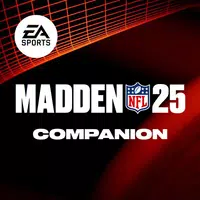


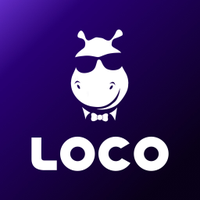






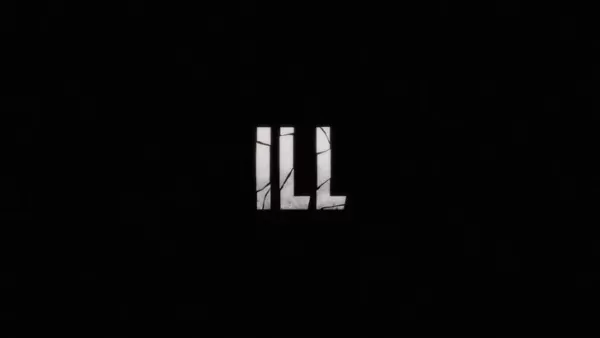


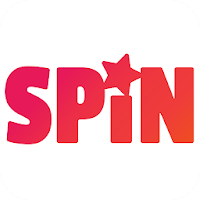
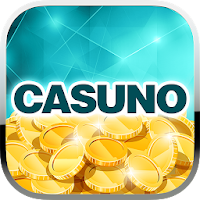





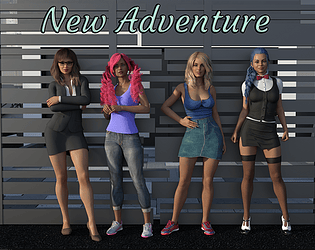


![FurrHouse [Ch. 3]](https://images.dshu.net/uploads/30/1719555089667e54115d59f.jpg)




